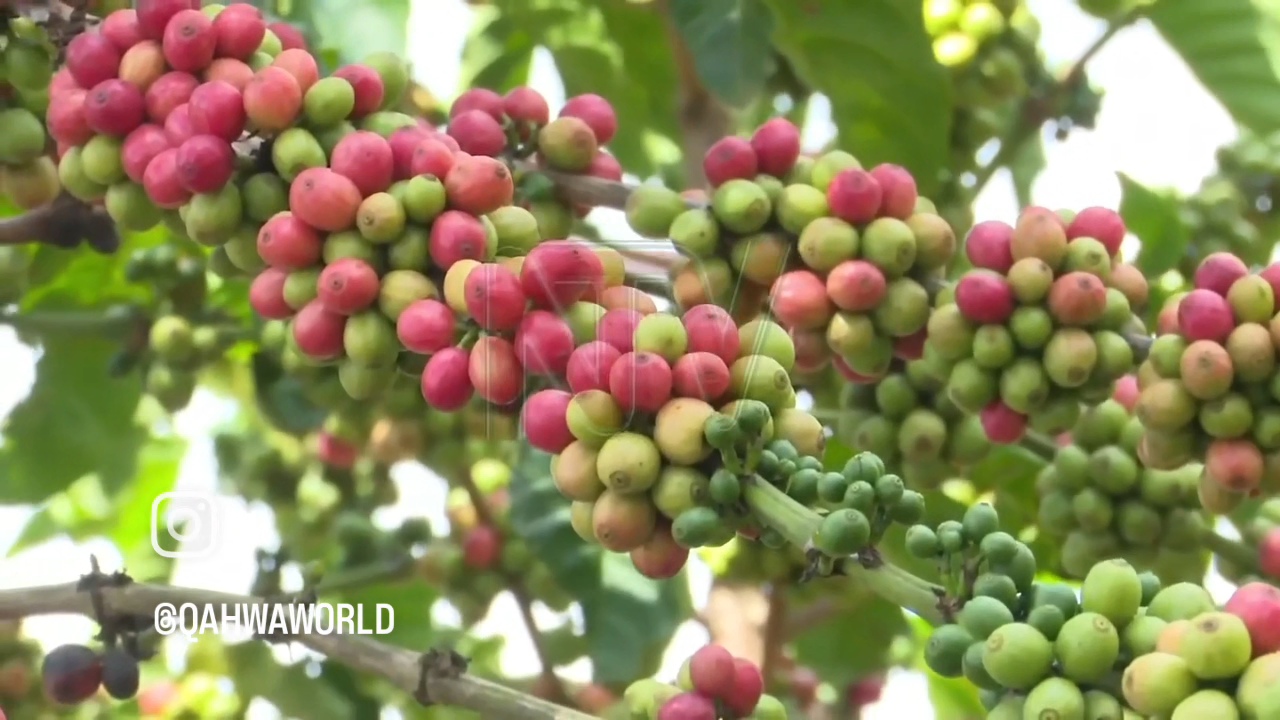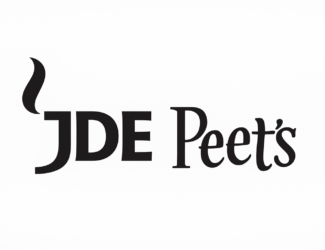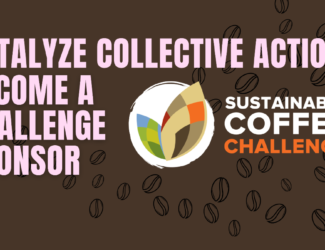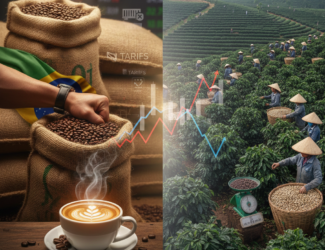
Uganda Registers Over 800,000 Coffee Farmers Ahead of the European Union Deadline
Uganda’s State Minister for Agriculture, Fred Bwino Kyakulaga, announced that the country has registered approximately 812,000 coffee farmers out of an estimated 3 million, just nine months before the European Union’s deadline on December 31, 2025, to implement the Forests Law (EUDR). While this number represents only about 30% of the target, the Ugandan government is confident it will reach the goal by August this year, following the European Union’s extension of the deadline.
Minister Kyakulaga stated that the government aims to use digitalization to simplify the tracking of supply chains, enabling the younger generation to participate more actively in the coffee industry. He added, “Coffee never lets us down. If we double the quantity of coffee, we also double our exports, which amounted to nearly 1.6 billion dollars last year.”
The European Union’s Forests Law (EUDR) is a regulation aimed at reducing deforestation by regulating agricultural commodities linked to deforestation, such as coffee, cocoa, soy, palm oil, and timber. The law requires companies to track their supply chains, verify the origins of their products, and ensure they are not linked to deforestation or forest degradation after December 31, 2020. Additionally, countries will be classified based on their deforestation risks, with products imported from higher-risk regions subjected to stricter scrutiny. The law aims to enhance transparency and environmental sustainability in European markets and encourages producing countries to adopt sustainable agricultural practices.
The delay reflects concerns raised by businesses and trade partners regarding the complexity and cost of compliance. For companies in the coffee industry, especially those importing from countries with medium to high risk, meeting the requirements of the law presents a significant logistical and financial challenge.
The European Union’s decision to delay the deadline until December 2025 provides businesses with additional time to develop robust tracking systems and prepare for more detailed customs inspections. This extension is especially crucial for the coffee sector, where supply chains often extend across multiple countries and small farms, making compliance particularly complex.
View this post on Instagram



